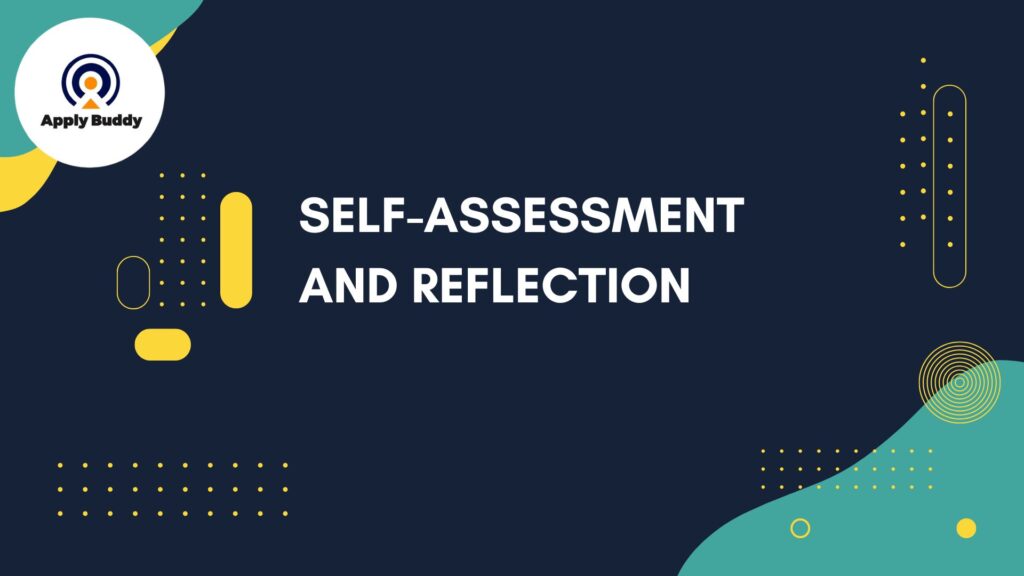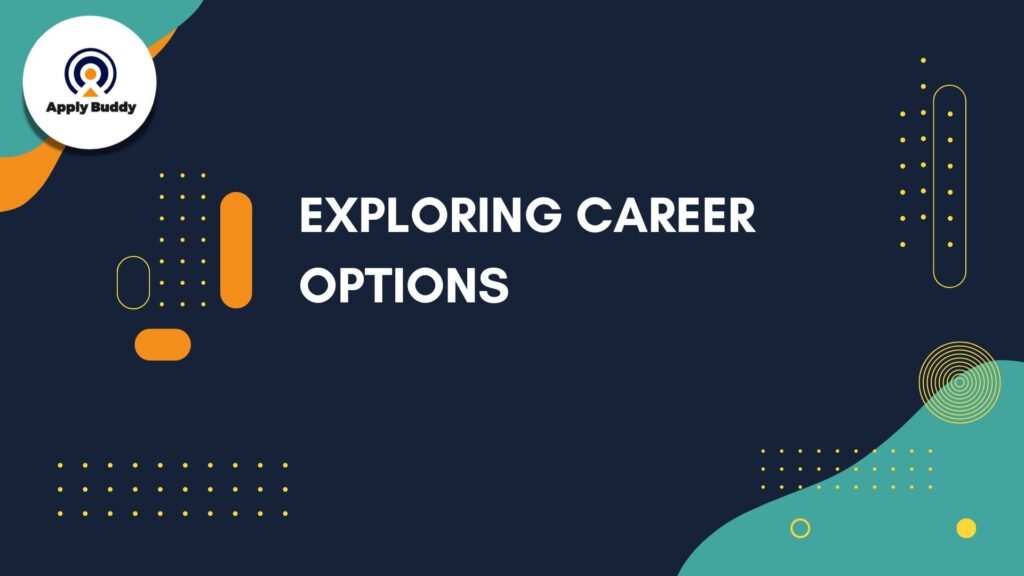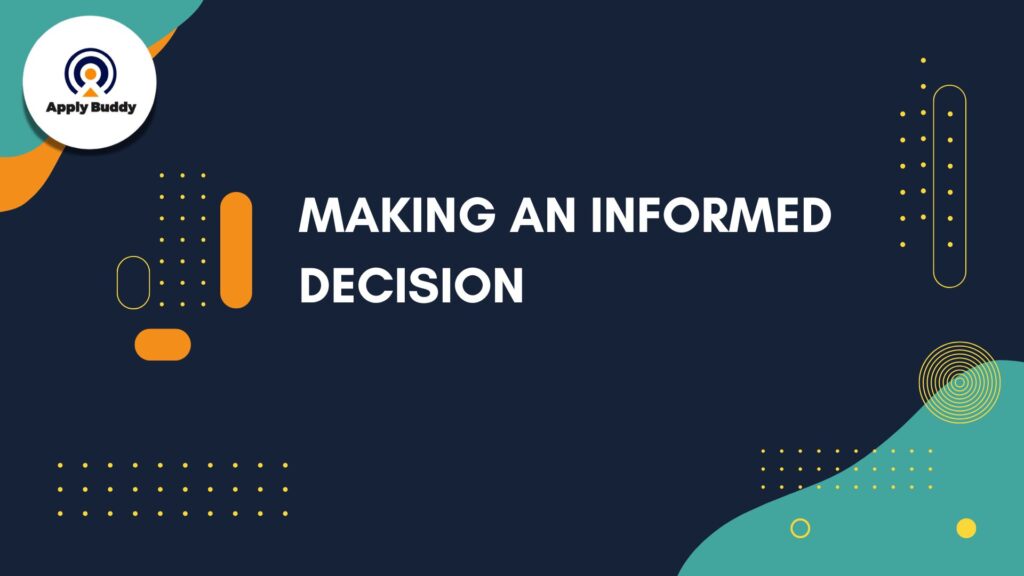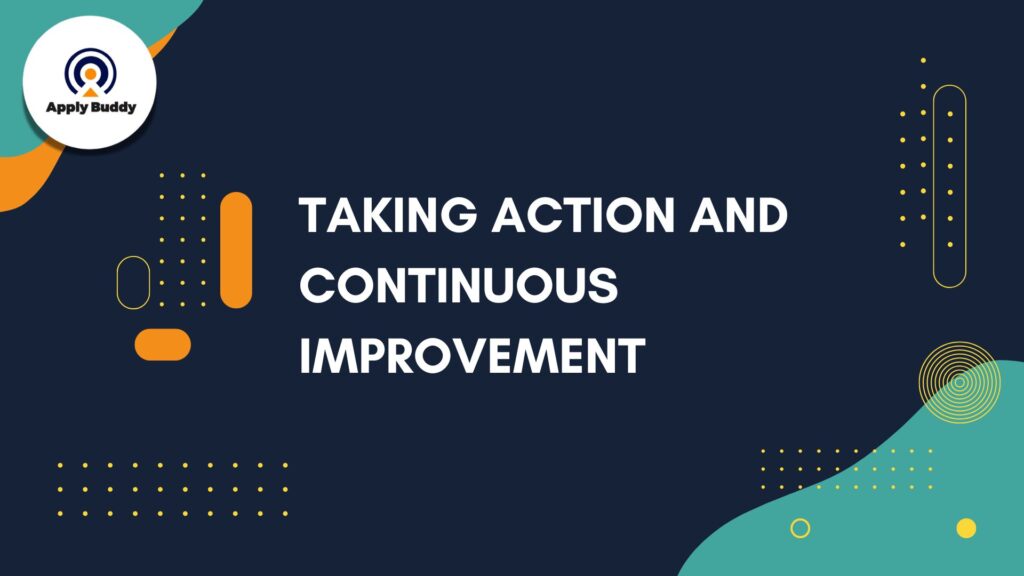You may be wondering how to know what career is right for you, especially when so many options compete for your attention. Maybe you’ve spent years in a field that no longer excites you. Or perhaps you’re just unsure where to begin in your career discovery process.
I’ve seen this moment in many people’s lives, and trust me, it’s both exciting and unsettling. You might be craving something more meaningful, yet uncertain how to choose a career that truly fits. It’s a crossroad where self-reflection, smart career planning tips, and the right guidance can transform confusion into clarity.
So look: finding your passion isn’t just about wishful thinking. It’s about using practical career assessment tools, exploring opportunities, and making informed decisions that align with your goals. Here, I’ll walk you through proven steps to gain career guidance, assess your strengths, and create a clear roadmap for your next move.
Self-Assessment and Reflection

You don’t know how to know what career is right for you? Self-assessment and reflection play a powerful role in career decision-making. Before exploring new industries or job titles, it’s essential to pause and look inward. This stage sets the foundation for effective career guidance and helps shape the direction of your career discovery process.
By identifying your strengths, interests, and personal drivers, you uncover the clues to finding your passion and aligning it with the right opportunities. Through structured career self-assessment and honest reflection, you’ll gain clarity about what motivates you and which paths suit your skills best.
Identifying Your Strengths and Passions
Understanding your strengths and passions is the starting point of the career discovery process. Instead of rushing into job searches, pause to conduct a career self-assessment and uncover what truly drives you. Reflect on moments when work made you feel energised, and think about the achievements that brought genuine fulfilment. These are strong indicators of your unique abilities and interests.
But you’re probably wondering: how does this help with career guidance? When you align what you’re good at with what excites you, you create a clear path towards roles that suit your natural strengths. Gathering feedback from mentors, colleagues, or friends can also highlight strengths you might miss. This mix of self-reflection and external insight provides a solid foundation for effective career planning, helping you make confident and informed career decisions.
Evaluating Your Skills and Interests
Once you’ve identified your strengths and passions, the next step in your career discovery process is evaluating your skills and interests. This involves taking a closer look at what you can do well and what you genuinely enjoy doing. Through structured career self-assessment, you’ll begin to match your abilities to roles that align with your personal goals and values.
Career assessment tools play a key role here. They help you organise your thoughts, uncover hidden talents, and highlight areas that may need improvement. By combining personal reflection with these tools, you gain a realistic view of where you are now and where you can grow. This clarity supports better career decision making and gives you a practical framework for how to choose a career that truly fits.
Utilising Personality and Career Tests
Personality and career tests can offer surprisingly accurate insights into your career discovery process. They help you understand how your natural traits, preferences, and work styles align with specific industries or job roles. When combined with career self-assessment and reflection, these tools provide valuable career guidance that supports more confident career decision making.
Here are 5 useful career assessment tools that can support effective self-evaluation and guide career decision-making:
- Myers–Briggs Type Indicator (MBTI) – Helps you understand your personality type and how it influences work preferences.
- CliftonStrengths (formerly StrengthsFinder) – Identifies your top strengths to help you focus on roles that align with your natural talents.
- Holland Code (RIASEC) Test – Matches your interests to suitable career fields using six personality themes: Realistic, Investigative, Artistic, Social, Enterprising, and Conventional.
- Career Values Test – Highlights your core workplace values, which is crucial for finding your passion and ensuring job satisfaction.
- Skills Matcher by O*NET – Compares your existing skills with potential career paths, making career planning tips more targeted and actionable.
Also Read:
Exploring Career Options

Once you’ve gained clarity through self-assessment, the next phase of the career discovery process is exploring career options. This stage is all about gathering insights, understanding the landscape, and identifying opportunities that match your strengths, interests, and values. With the right career guidance and career planning tips, you can approach this step with purpose and confidence.
Researching Industries and Job Roles
Researching industries and job roles is one of the most practical steps in your career discovery process. Once you’ve identified your interests and strengths through career self-assessment, it’s time to understand where those abilities fit in the real world. This stage gives you a clearer view of high-demand sectors, emerging trends, and the qualifications employers value most.
Start by using reliable career guidance resources, industry reports, and job boards to map out potential paths. Explore different fields, noting the required skills, typical responsibilities, and long-term growth opportunities. This approach helps you align your findings with your passions and career planning tips, making career decision-making far more strategic and grounded in reality.
Leveraging Informational Interviews and Networking
Informational interviews and networking are potent ways to deepen your career discovery process. By speaking directly with professionals, you gain real-world career guidance that no report or job description can fully capture. These conversations help you understand industry expectations, refine your career planning strategies, and make more informed career decision-making choices based on genuine insights rather than assumptions.
Using Online Resources and Career Portals
Online resources and career portals are essential tools in your career discovery process. In fact, 76.2% of job seekers said they regularly use general job boards when looking for work, demonstrating just how vital these platforms are. They provide up-to-date job descriptions, industry insights, and practical career guidance to support smarter career decision-making.
By utilising these platforms in conjunction with career self-assessment, you can pinpoint roles that align with your skills and passions. However, here’s the thing: choosing the right mix of research and tools helps you navigate how to choose a career more confidently. Now, that’s how to know what career is right for you!
| Type | Examples | Primary Use |
|---|---|---|
| General Job Portals | Indeed, Reed, Totaljobs | Explore job listings, compare roles, view requirements |
| Industry-Specific Platforms | CWJobs (Tech), NHS Jobs (Healthcare), CharityJob (Non-Profit) | Target roles within niche industries |
| Career Exploration Tools | Prospects.ac.uk, National Careers Service, CareerExplorer | Research job descriptions, career paths, and future trends |
| Professional Networks | LinkedIn, Glassdoor, Fishbowl | Connect with professionals, read reviews, gain insights |
| Skills Development Platforms | Coursera, FutureLearn, RKY Careers Digital Marketing Bootcamp | Build skills to match new career paths |
Also Read:
Making an Informed Decision

Making an informed decision is where clarity meets action in your career discovery process. After exploring different options, it’s time to evaluate everything you’ve learned through career guidance, research, and career assessment tools. This step ensures your choices are based on insight, not guesswork.
Setting Clear Career Goals and Priorities
Setting clear career goals and priorities gives structure to your career discovery process. It helps you move beyond vague ideas and focus on tangible outcomes that align with your strengths, passions, and lifestyle needs. This step is essential for career decision making, as it ensures every move you make is intentional.
So, what do you think takes precedent? The question of How To Know What Career is Right for You? Yes.
S tart by defining what success means to you. For some, it’s financial growth and stability; for others, it’s flexibility, impact, or personal fulfilment. By combining insights from career self-assessment, career planning tips, and reliable career guidance, you can create focused goals that keep your choices realistic and motivating.
Balancing Financial Needs with Personal Fulfilment
Balancing financial needs with personal fulfilment is one of the most important parts of career decision making. It’s not just about chasing the highest salary; it’s about aligning your career path with your values, lifestyle, and long-term vision. Career guidance and career assessment tools can help you evaluate whether a role supports both your financial stability and your personal growth.
Consider your income expectations, job security, and progression opportunities alongside your passion and preferred work environment. By combining clear career planning tips with self-awareness gained from a career self-assessment, you can make informed choices that support both your financial well-being and overall well-being.
Consulting Career Coaches and Mentors
Consulting experienced career coaches and mentors can provide clarity aHow To Know What Career is Right for You. They offer tailored career guidance, practical career planning tips, and strategic advice to help you make informed choices. By combining external expertise with your career self-assessment, you gain a clearer perspective on how to choose a career that truly fits your goals.
One of the best in this field is RKY Group’s award-winning CEO, Rukayat Alabi. Through RKY Careers’ career advisory and other career-transformative services, she has helped countless transitioning professionals set their priorities straight and redefine their career paths with confidence. Whether it’s through personalised mentoring, structured career decision-making frameworks, or targeted training bootcamps, her approach empowers individuals to align their ambitions with practical steps toward success.
Also Read:
Taking Action and Continuous Improvement

Once you’ve made informed decisions, the next step in your career discovery process is taking action. This is where plans turn into tangible results through practical experiences, targeted learning, and continuous refinement. Applying your career guidance insights and career planning tips in real settings helps you validate your choices and build confidence.
Career growth doesn’t stop after one decision; it evolves through consistent effort and reassessment. By combining career self-assessment with real-world experiences, you can identify what works, adjust your direction, and strengthen your career decision-making over time.
Gaining Experience Through Internships and Volunteering
Gaining experience through internships and volunteering is a smart way to put your career planning tips into action. These opportunities let you explore different fields, apply your skills in real settings, and build relevant experience without making a long-term commitment. They’re especially useful during the career discovery process, helping you validate your interests and make informed career decision making choices.
Volunteering or short-term placements also expand your professional network and give you practical stories to share in interviews. By combining these experiences with a career self-assessment, you gain a clearer sense of how to choose a career that aligns with both your strengths and values. This hands-on approach provides valuable career guidance while boosting your confidence and employability.
Investing in Further Education and Training
Investing in further education and training is a powerful way to stay competitive in today’s fast-changing job market. As industries evolve, new skills become essential, and relying solely on past experience may not be enough. By following targeted career planning tips and career guidance, you can identify the specific qualifications and certifications needed to strengthen your career decision making.
This is where structured programmes, online courses, and specialised bootcamps can make a real difference. For example, enrolling in the RKY Careers Digital Marketing Bootcamp gives transitioning professionals hands-on experience, industry-recognised skills, and practical tools for career self-assessment. Whether you’re pivoting to a new field or deepening your expertise, continuous learning is a key part of the career discovery process and ensures you remain relevant and employable.
Regularly Reassessing Your Career Goals
Regularly reassessing your career goals ensures your career discovery process remains aligned with your evolving priorities. How To Know What Career is Right for You is not q static question.
As industries shift and personal interests develop, what felt right a few years ago may not reflect your current ambitions. Career self-assessment and honest reflection help you spot these changes early, allowing for better career decision making over time.
By setting regular check-ins to review your progress, you can refine your career planning tips, identify new learning opportunities, and seek updated career guidance when needed. This habit of reassessment keeps your goals relevant and helps you adapt quickly, ensuring your career journey stays purposeful and fulfilling.
Apply Buddy
Finding the right career path is one part of the journey; successfully landing the job is the next. That’s where Apply Buddy comes in. Many job seekers struggle with time-consuming applications, repetitive form-filling, and keeping track of multiple submissions. Apply Buddy simplifies and solves the question; ‘How To Know What Career is Right for You’ by offering a smart, automated job application service that streamlines the entire process.
By using Apply Buddy alongside the steps you’ve learned throughout this career discovery process, you can focus your energy on strategic career decision making rather than administrative tasks. Whether you’re switching industries, re-entering the workforce, or aiming for a more fulfilling role, Apply Buddy helps you apply faster, smarter, and more consistently across trusted UK job boards. The platform is designed to complement your career self-assessment and planning by ensuring your applications are professional, targeted, and error-free.
Also Read:
FAQs on How to Know What Career is Right for You
1. What are the first steps to take when choosing a new career path?
Start with career self-assessment to identify your strengths, interests, and values. Then, use career guidance and career assessment tools to explore industries that align with your profile. This combination sets a strong foundation for confident career decision making.
2. How can I effectively identify my strengths and interests for a career change?
Reflect on tasks that energise you and moments when you’ve felt genuinely fulfilled. Combine personal reflection with structured career planning tips and feedback from trusted peers to clarify what drives you. This approach makes finding your passion more practical and focused.
3. Which career assessment tests yield the best results for personal insight?
Tools like Myers–Briggs, CliftonStrengths, and the Holland Code (RIASEC) Test are excellent starting points. They help match your personality, strengths, and interests to potential roles, supporting better career discovery process decisions.
4. How long should I explore different career options before making a decision?
There’s no fixed timeline, but giving yourself a few focused months is often effective. Use that time to research industries, connect with professionals, and test ideas through short-term experiences like volunteering or courses. The key is balancing thorough exploration with decisive career planning tips so you can move forward confidently.
